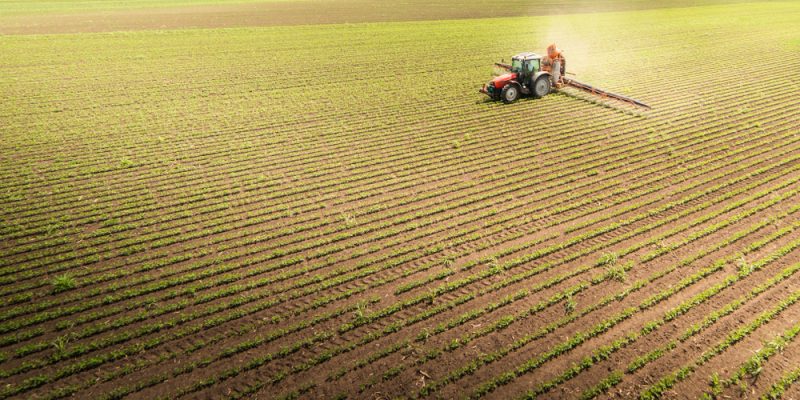INTERNATIONAL DAY AGAINST TREE MONOCULTURE
When we talk about monocultures, we refer to large plantations of just one species, which are irrigated with the same patterns and cultivation methods that reflect a true genetic similarity.
Today is September 21, so it is the International Day against Tree Monocultures, when organizations, networks and social movements fight for the arrest of this type of tree plantations since 2004. On the occasion of this day of resistance, from Pallars Fustes we want to place special emphasis in these cases.
Monocultures can be found especially in the crops of eucalyptus, pine, cereal plantations, soybeans, sugar cane, corn and a large number of crops to which we are very used to.
In this article we aim to discover both the advantages and disadvantages of monocultures, so that the reader can understand the demands that are made during September 21 and can have a reasoned opinion on the matter.
ADVANTAGES
- It is a very efficient method for large-scale production. Mostly it saves time as the mass production of agricultural products is fast.
- It is an ideal system for those staple foods that are needed in large quantities and at low prices.
- The manpower required is scarce due to the fact that monocultures need few workers per unit area due to their increasing use of machinery.
DISADVANTAGES
- Some monocultures can cause soil degradation, as some crops absorb the most essential nutrients from the soil. In other words, the soil suffers from nutrient depletion and in the long run can cause erosion.
- The aim is to achieve the greatest amount produced at the lowest cost and in the shortest possible time. Due to this fact, the natural diversity of forest is broken.
- As the diversity of crops is broken, there may be an increase in the spread of diseases and pests.
- Along with the lack of crop diversity, the habitat of many animals is also affected. In addition, chemical elements are used to kill the insects and pests they catch.
- In case of drought, the risk of having large potential losses is very high; farmers who use monoculture, have only one product.
At Pallars Fustes, we are committed to a sustainable future that is respectful of its ecosystem.

Contacti amb Pallars Fustes per saber tot allò que fem per aconseguir un planeta millor!




